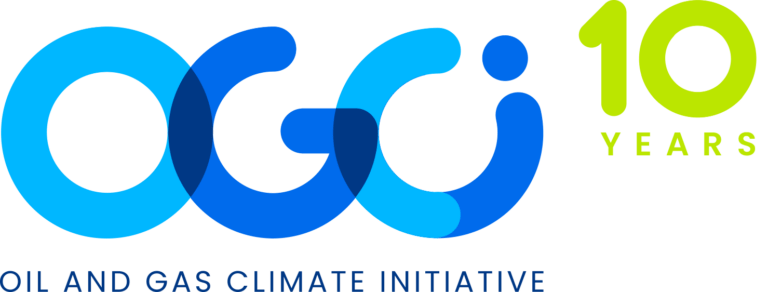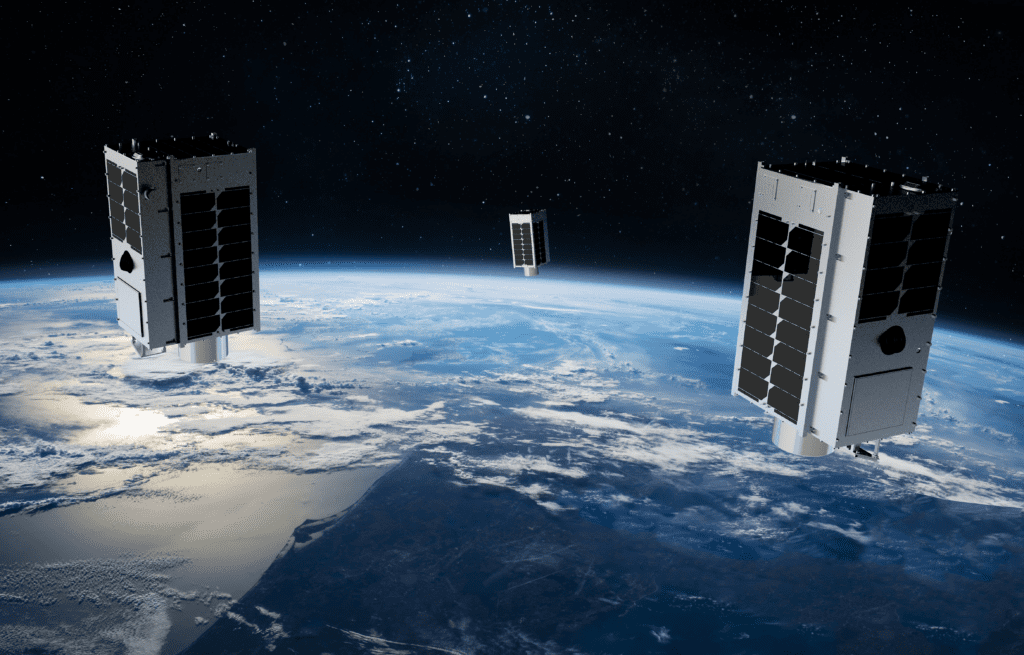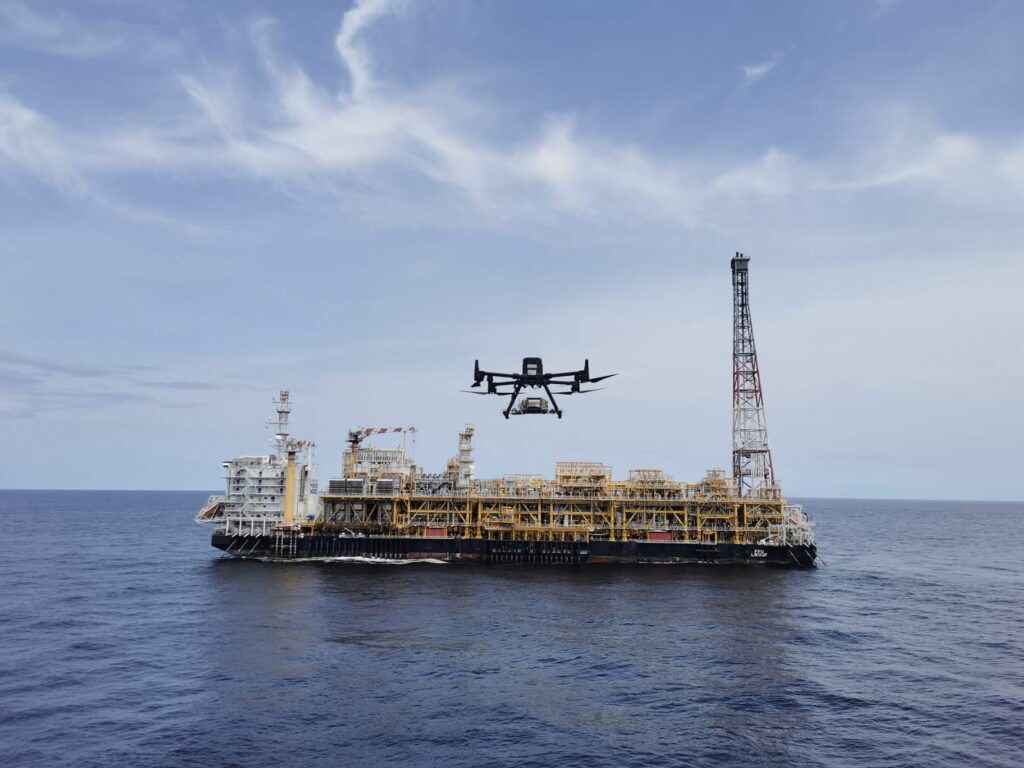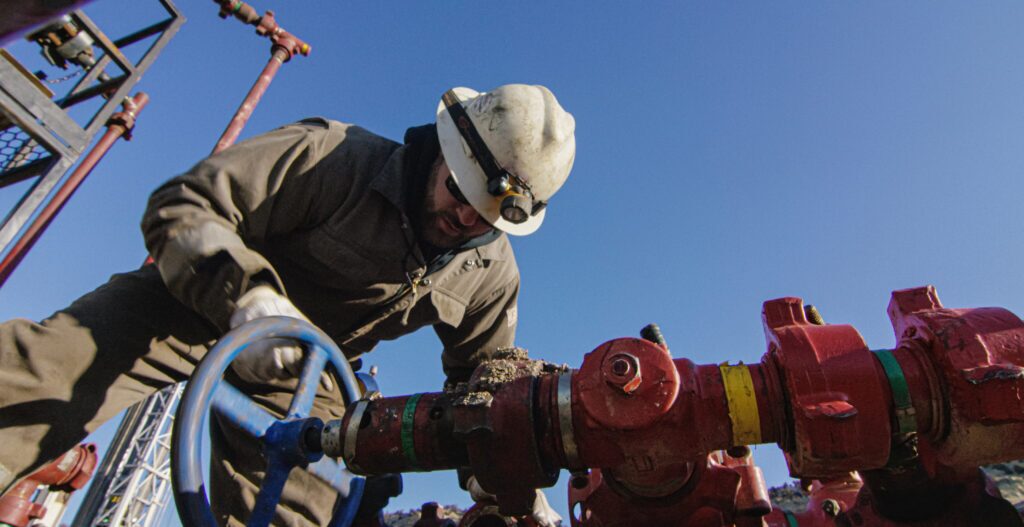In 2021, OGCI launched its Satellite Monitoring Campaign (SMC) with a pilot project monitoring six sites in Iraq to demonstrate the use of satellite monitoring as part of a program to reduce methane emissions.
In the pilot, OGCI partnered with GHGSat, a Climate Investment portfolio company which operates satellites and provides readings of the facilities, and Carbon Limits to help with local operator engagement and on-site assessment.
Once the campaign identified significant methane plumes, we worked with Carbon Limits to engage with local operators, providing the operators with the data and working with them to help fix leaks, upgrade processes and find ways to use, rather than vent, natural gas.
The Iraq pilot showed significant potential. It was able to help local operators quickly address methane plumes equivalent to an estimated 1 Mt of CO2e over the course of one year.
Following the success of the Iraq pilot project, OGCI scaled up the campaign to monitor more countries and assets.
The 2022-2023 campaign over Kazakhstan, Algeria and Egypt helped operators eliminate methane plumes with a combined average rate of 3,200 kilograms per hour.
If these plumes were from continuously emitting sources and were not abated, they could amount to an estimated equivalent of around 1 Mt CO2e over the course of one year.
OGCI is continuing to engage through the campaign with the local operators in these countries to help identify solution to mitigate the remaining persistent emissions sources.
Incomplete combustion from burning pits, gathering pipeline emissions, equipment and storage tank venting comprised the top four sources of methane emissions identified in the second campaign.
In 2024, OGCI extended the campaign to more countries and operators. Work now underway with GHGSat more than doubles the number of assets and countries involved, including countries in Central Asia, North Africa and South America.
At New York Climate Week in September 2022, we held a workshop with a broad range of stakeholders to discuss these lessons and explore how we could create a broader program to address them.
This would not only facilitate immediate and substantial reductions in methane emissions, but also build awareness and technical capacity so that operators are able to use the growing availability of affordable satellite data to abate methane emissions.
At New York Climate Week in September 2022, we held a workshop with a broad range of stakeholders to discuss these lessons and explore how we could create a broader program to address them.
This would not only facilitate immediate and substantial reductions in methane emissions, but also build awareness and technical capacity so that operators are able to use the growing availability of affordable satellite data to abate methane emissions.
